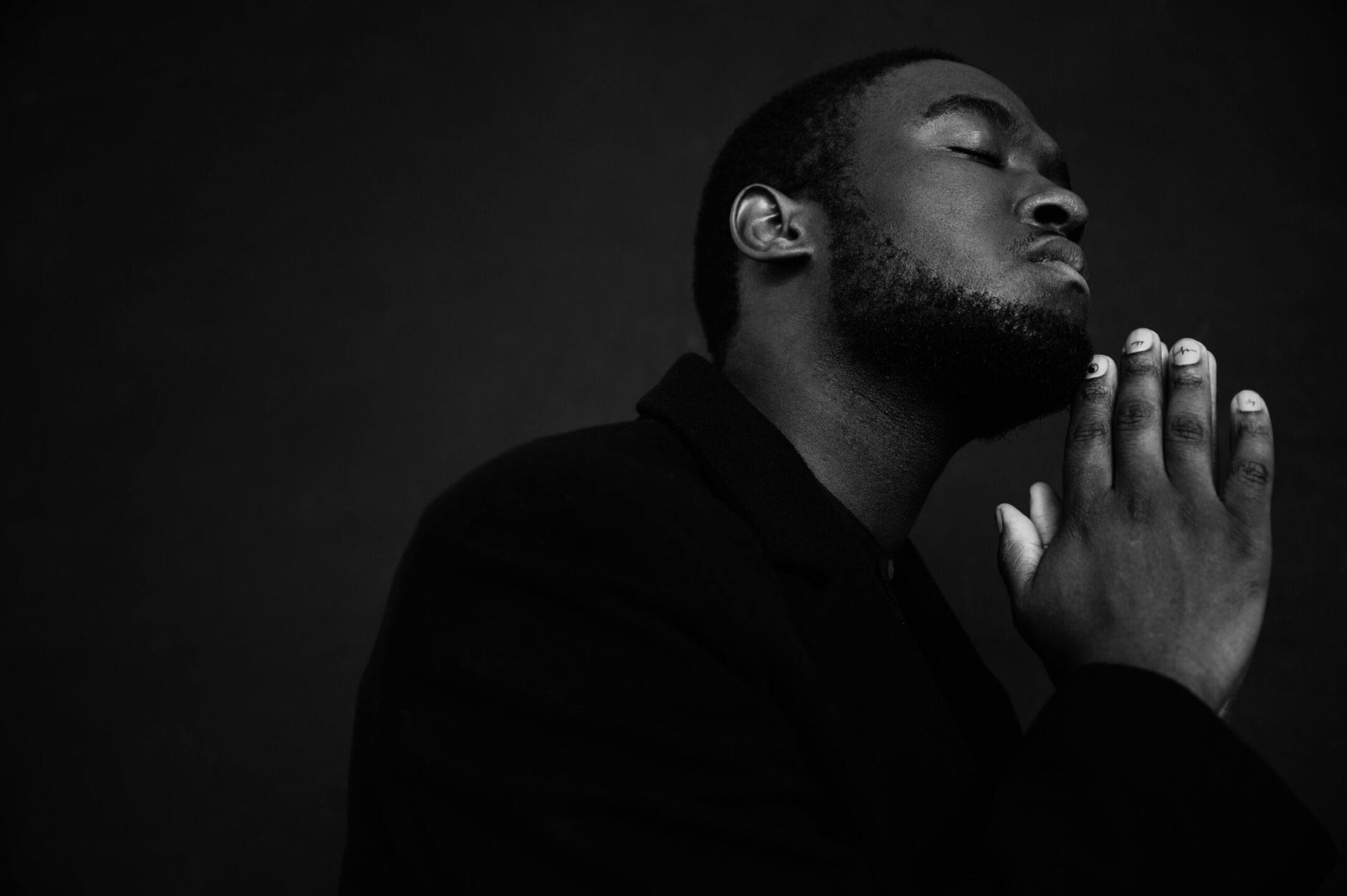Everybody Worships
Lindsey Jodts, Groups Pastor, South Barrington | March 26, 2024

Do you not see what they are doing in the towns of Judah and in the streets of Jerusalem? The children gather wood, the fathers light the fire, and the women knead the dough and make cakes to offer to the Queen of Heaven. They pour out drink offerings to other gods to arouse my anger. But am I the one they are provoking? declares the Lord. Are they not rather harming themselves, to their own shame?
Jeremiah 7:17-19
In a 2005 commencement speech, late author David Foster Wallace said, “There is no such thing as not worshipping. Everybody worships. The only choice we get is what to worship.”
Authors and theologians throughout history have made similar arguments, that no one loves and worships nothing—but the aiming of our love has a lot to do with where we place our attention and energy. What we do and the way we do it, forms us. While we may not intend to worship something other than God, when we give disproportionate meaning to something in our lives, it becomes a focus of worship.
So what is it that you worship? Where are you seeking meaning?
I’d love to say that my only source of meaning comes from the God of the universe. That’s the most glorious benefit of the risen Jesus—that nothing is more true about us than what is true of us in Christ. We are loved. We are anointed. We are a holy priesthood designed to bless and bring about the Kingdom of God in the world.
If only life didn’t get in the way.
In my own life, and the life of many others I have pastored and befriended over the years, work and accomplishments have long competed with God for meaning and purpose. We do, after all, live in the age of “hustle culture.” A title, an industry, a salary, an accomplishment, an accolade, a self-made success story—each person’s striving is unique, but it all carries with it the same burden and false promises.
In his book “The Good Enough Job,” Simone Stolzhoff shares story after story of the risks and disillusionment that come when we worship our work (workism, he calls it). How placing so much significance and meaning on something that was never meant to be the source of meaning can cause a person to lose themselves, to never be fully satisfied, and to risk their personal health and relationships in the name of success or meaning.
That’s not to say that work shouldn’t be meaningful—it just shouldn’t mean everything. It was never meant to. And it hurts us.
The prophet Jeremiah understood this well. As the mouthpiece of God, he shared his anger and grief not simply because people were worshipping something besides God, but because they were hurting themselves when they worshipped something that was never meant to be worshipped at all.
Next Steps
Spend time reflecting on where you find meaning. What parts of your life are you allowing to define you? How could those sources of meaning be hurting you? Spend time confessing those strongholds to God. Ask God to be the source of your meaning.
